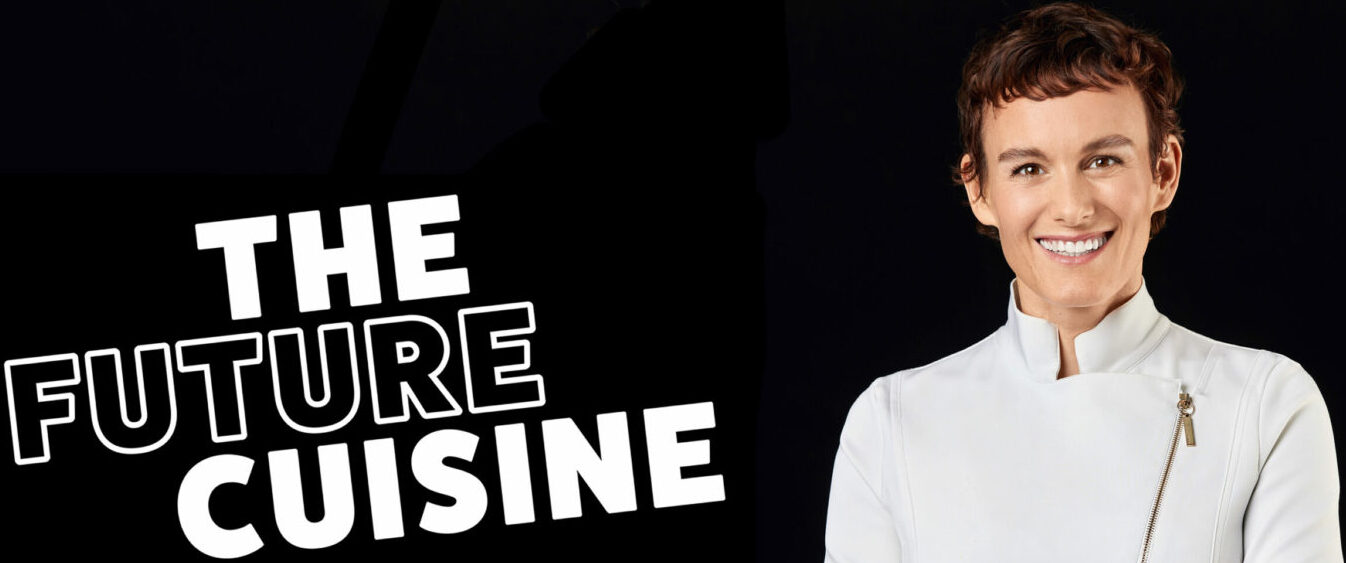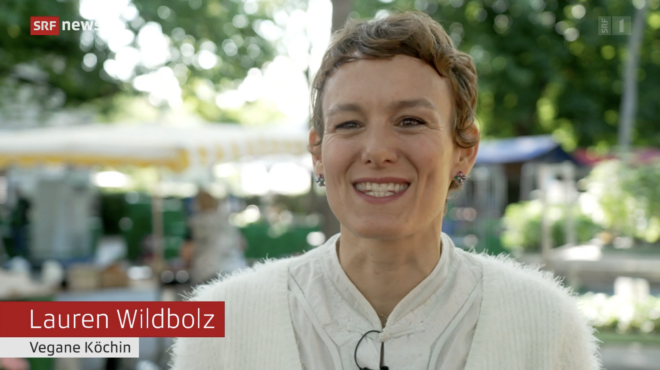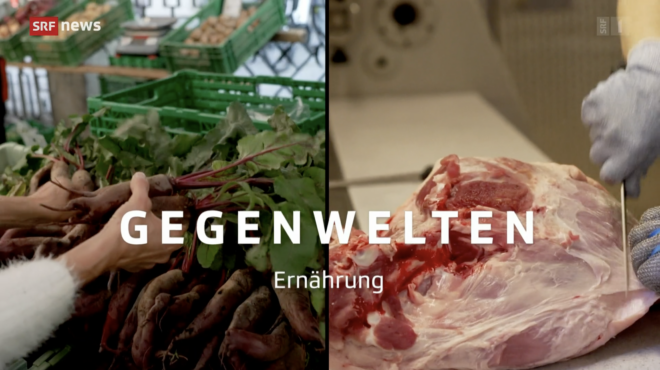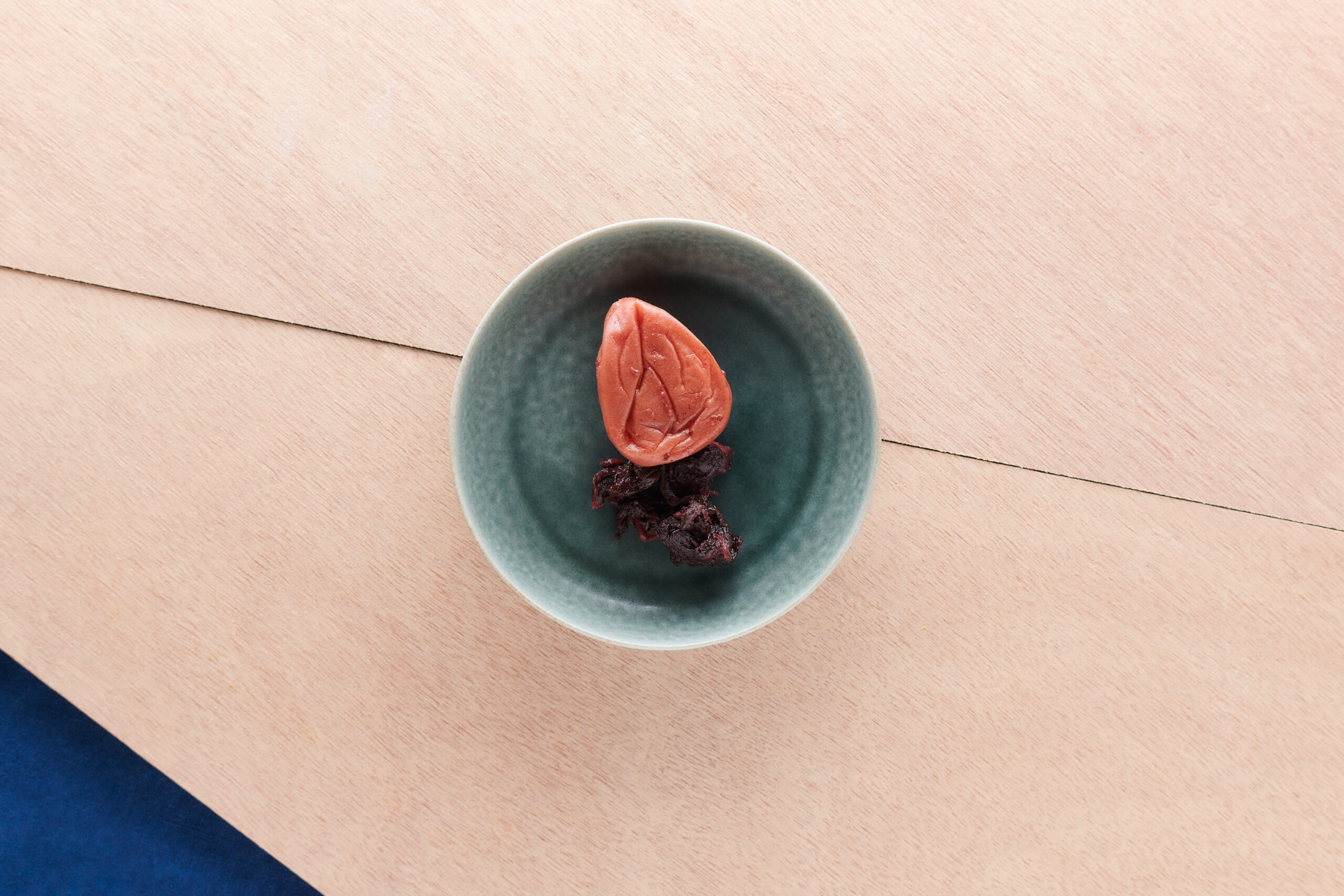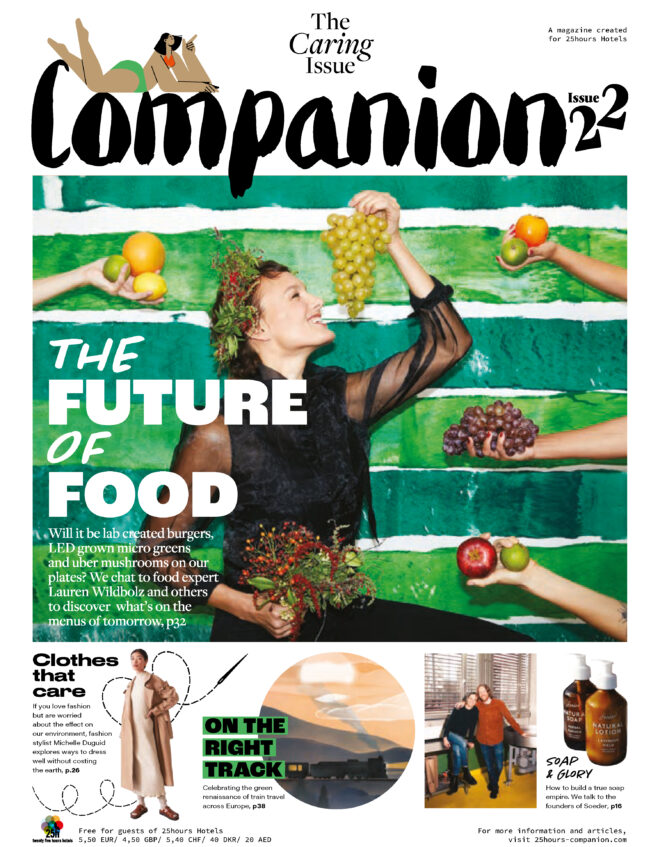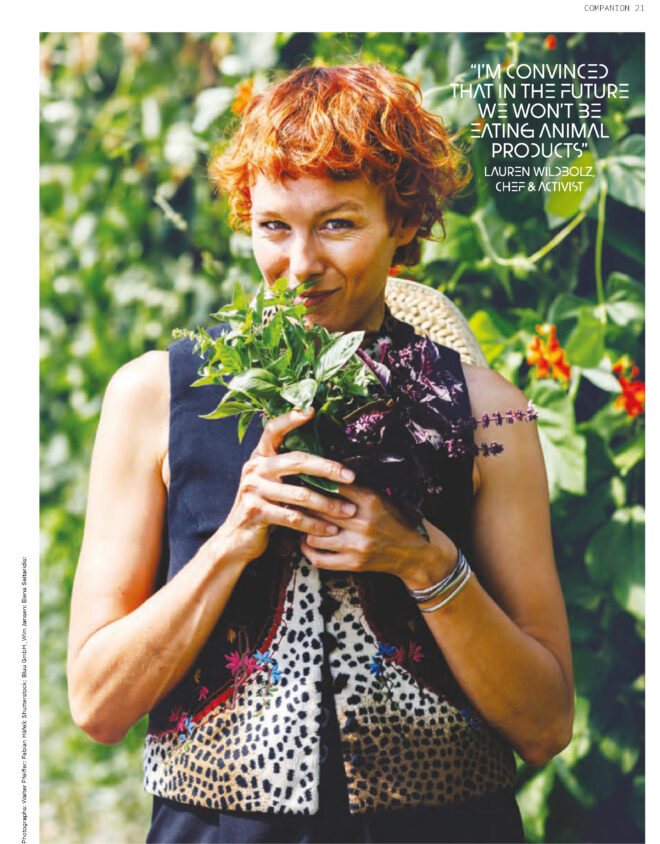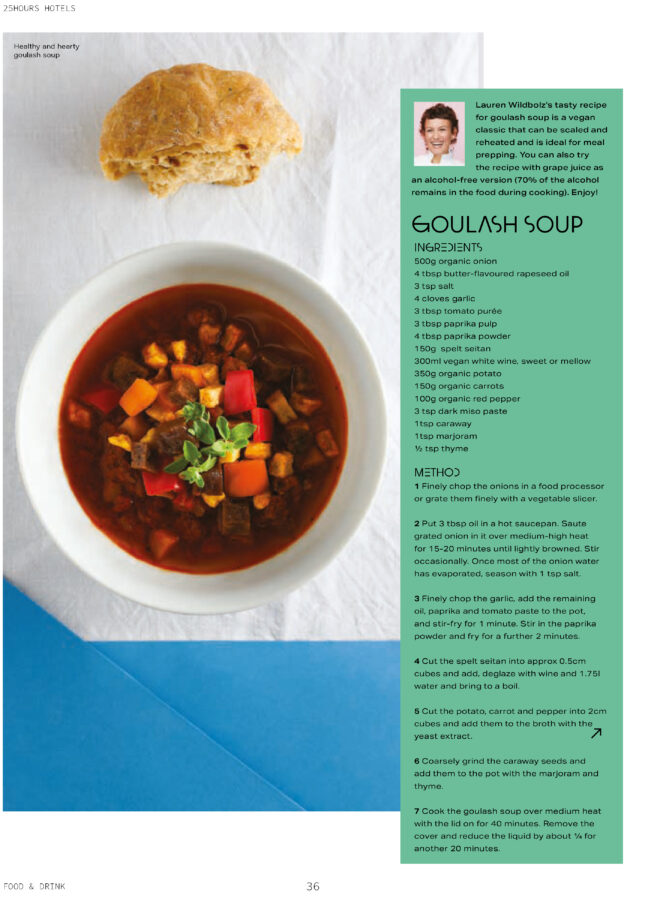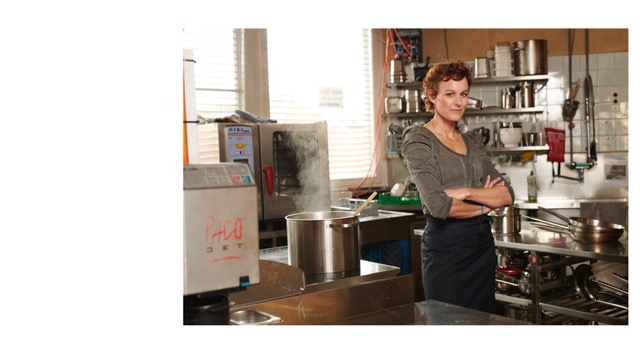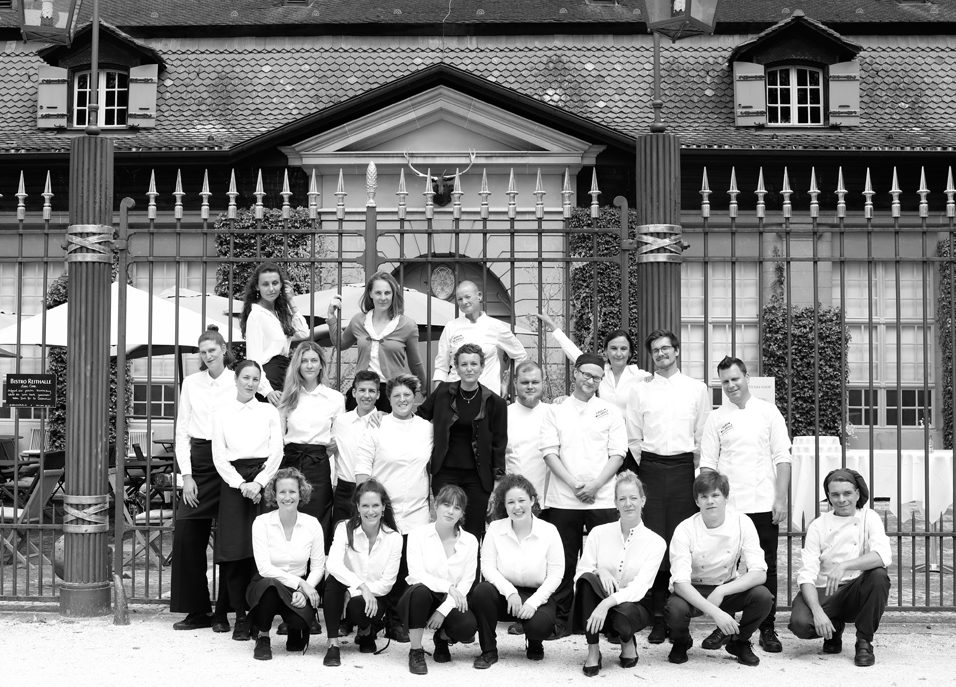
For over 12 years, our Future Cuisine vegan catering has relied exclusively on organic products. This decision is based not only on the conviction that organic products are of better quality, but also on the fact that they offer a significantly better taste compared to conventional foods. But what really makes organic food so special? Let’s take a look at some key aspects.
Environmentally conscious cultivation
Organic food is grown without synthetic pesticides and herbicides. This not only protects our environment, but also reduces the chemical load in our food. Organic farming is less destructive to ecosystems and contributes to sustainable agricultural practices.
More nutritious
Interestingly, organic products often have a higher nutrient and polyphenol content due to the absence of pesticides and the presence of natural plant defenses. These natural defenses that plants produce in the absence of stressful situations often have nutritional benefits for humans.
Health aspects
There are concerns about pesticides in food based on studies. These show potential risks for weight gain and certain types of cancer. Long-term exposure to certain chemicals from pesticides may slightly increase the risk of some cancers. However, it is important to emphasize that the health benefits of eating fruit and vegetables outweigh the risks.
The taste speaks for itself
At Future Cuisine, the first-class vegan caterer from Zurich, we have found that organic products are not only healthier, but also superior in taste. This difference in quality and taste is a key reason why we will continue to opt for organic products in the future.
Transparency and further research
The importance of transparency in food labeling and the need for further research, especially in the area of the microbiome and long-term effects, are essential. Understanding the effects of our diet on our gut bacteria is an emerging area of science that could provide many answers to our overall health.
As a plant-based food scout, Lauren Wildbolz has already reported on this here.
Conclusion: A conscious approach to food choices
In conclusion, organic food not only offers environmental and nutritional benefits, but also an excellent taste experience! It is essential to see these benefits in the context of general eating habits. Making informed decisions based on current knowledge and keeping an eye on new research findings is the key to a healthy lifestyle and a sustainable future.
Presents Future Cuisine vegan catering, your partner for high-quality, tasty and sustainable organic catering solutions.
